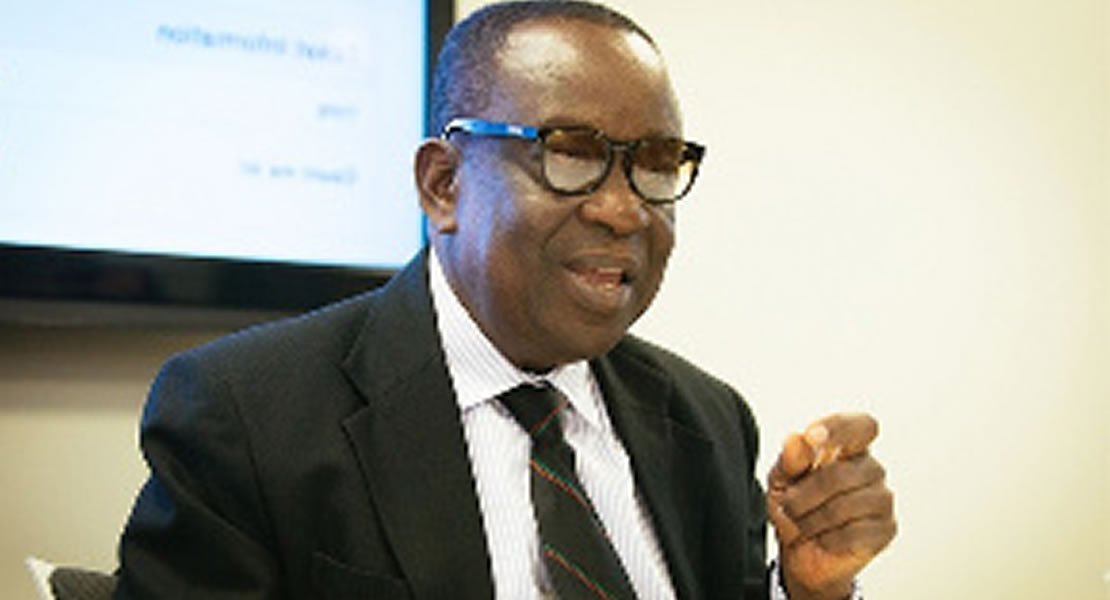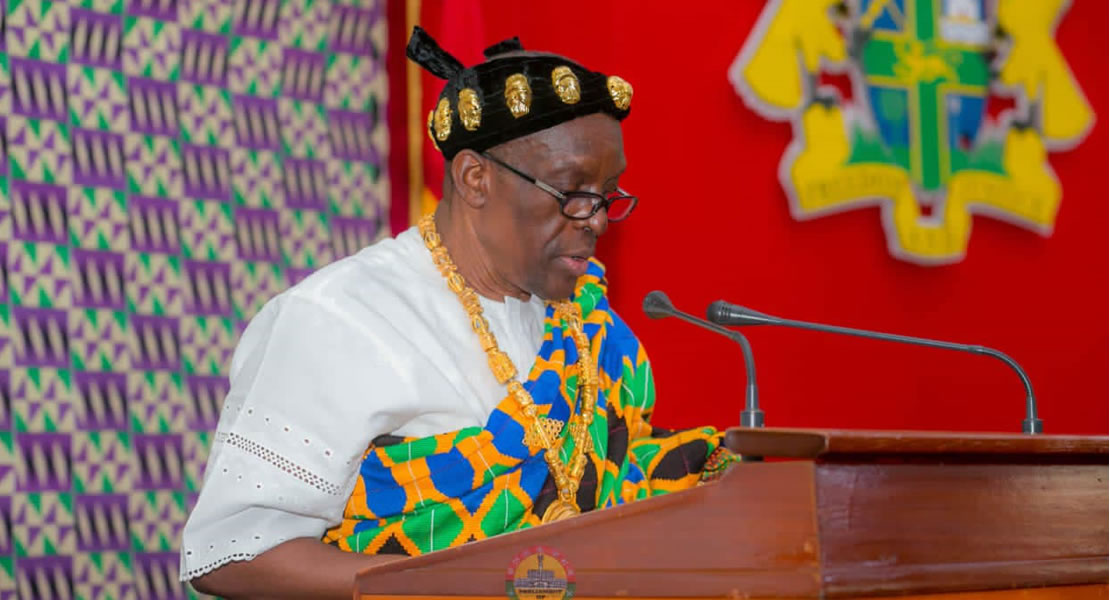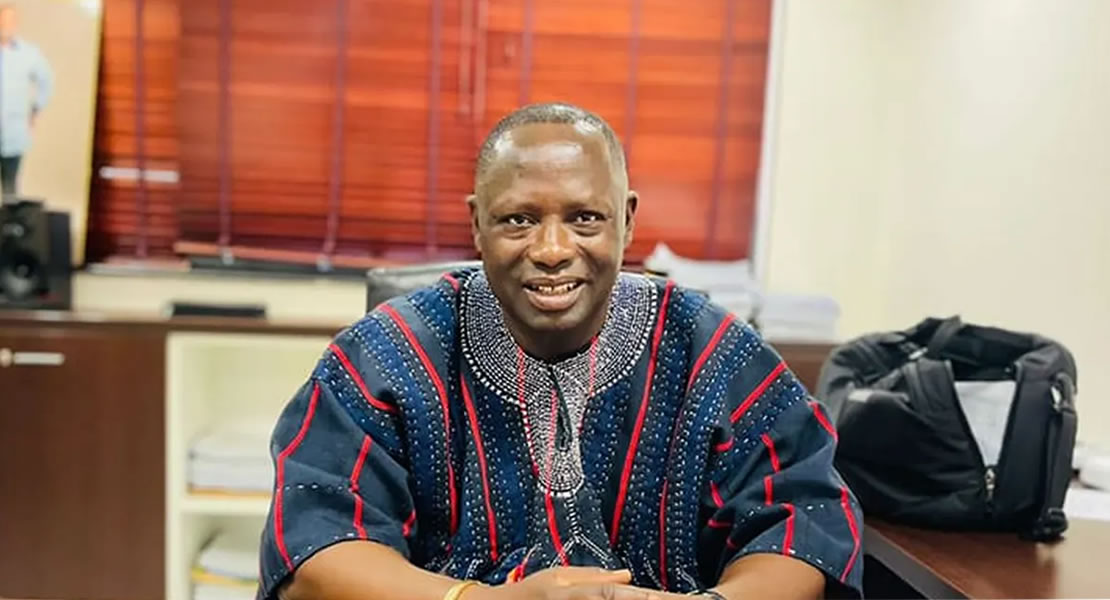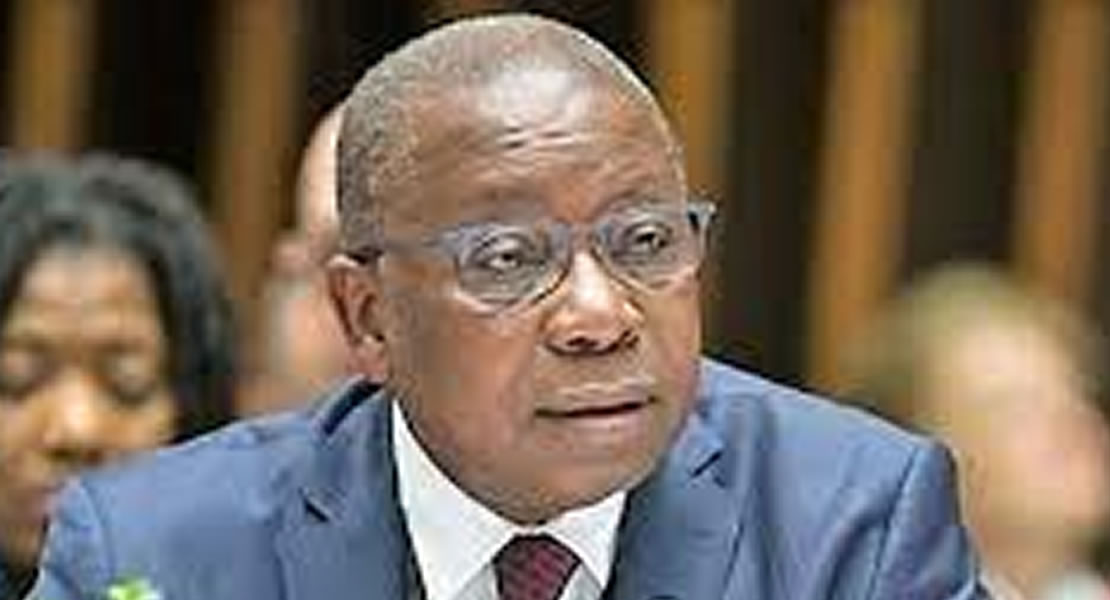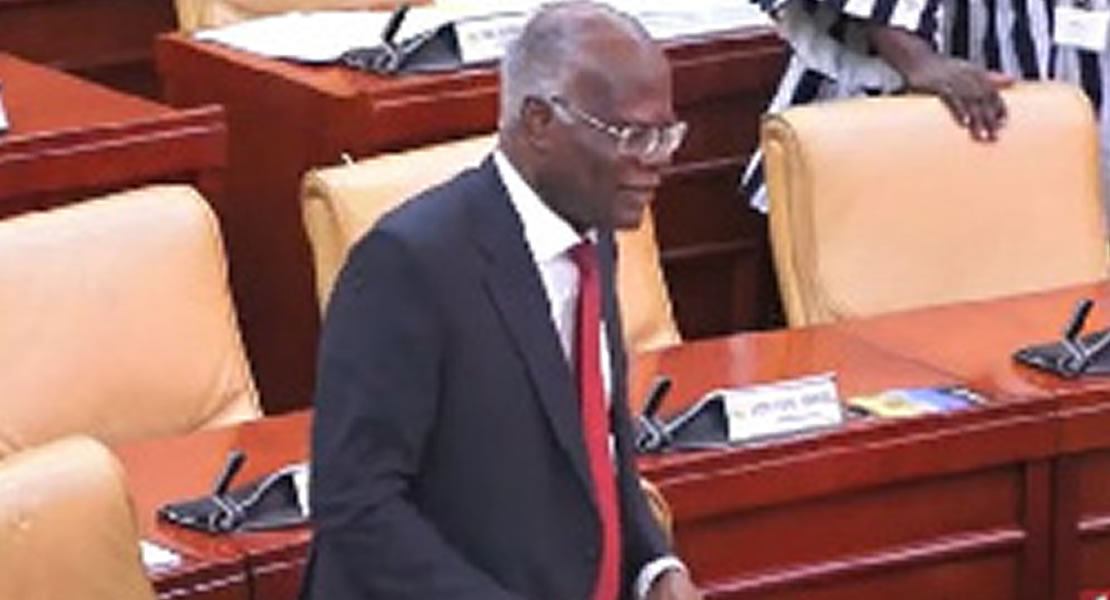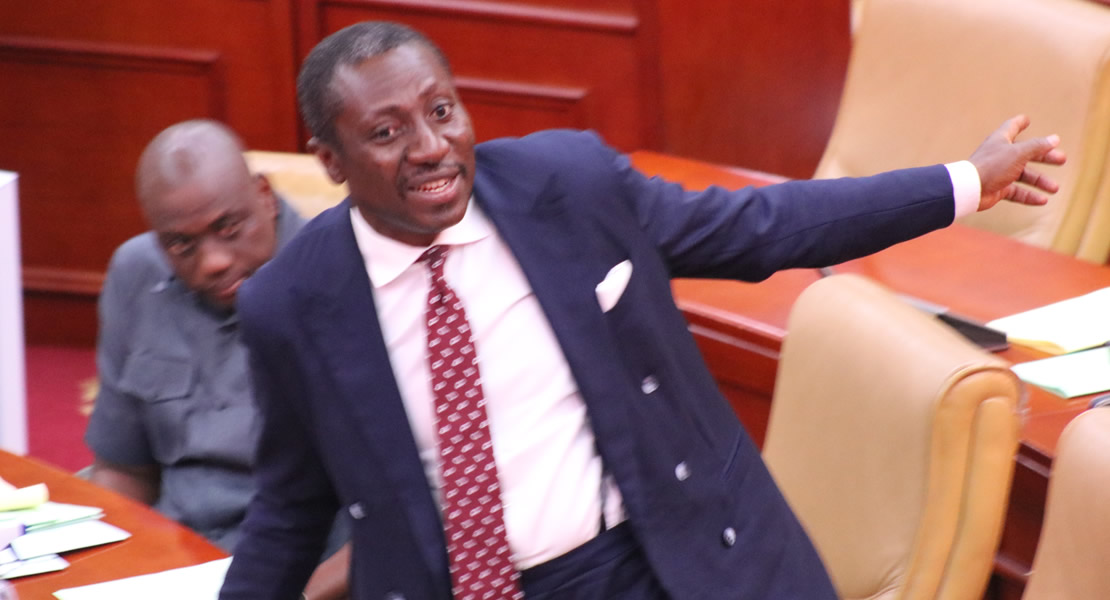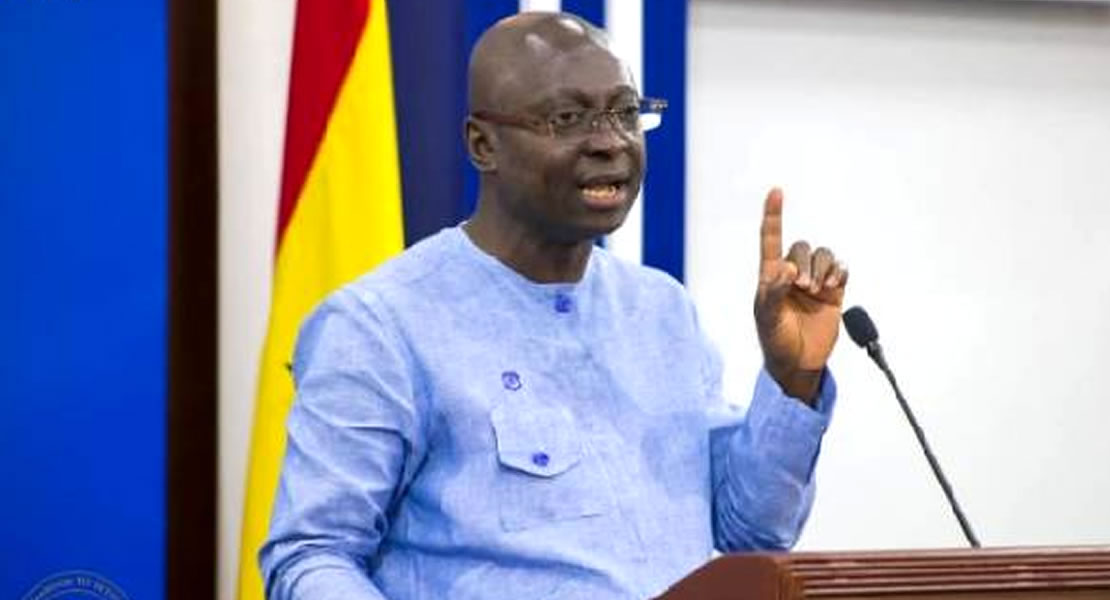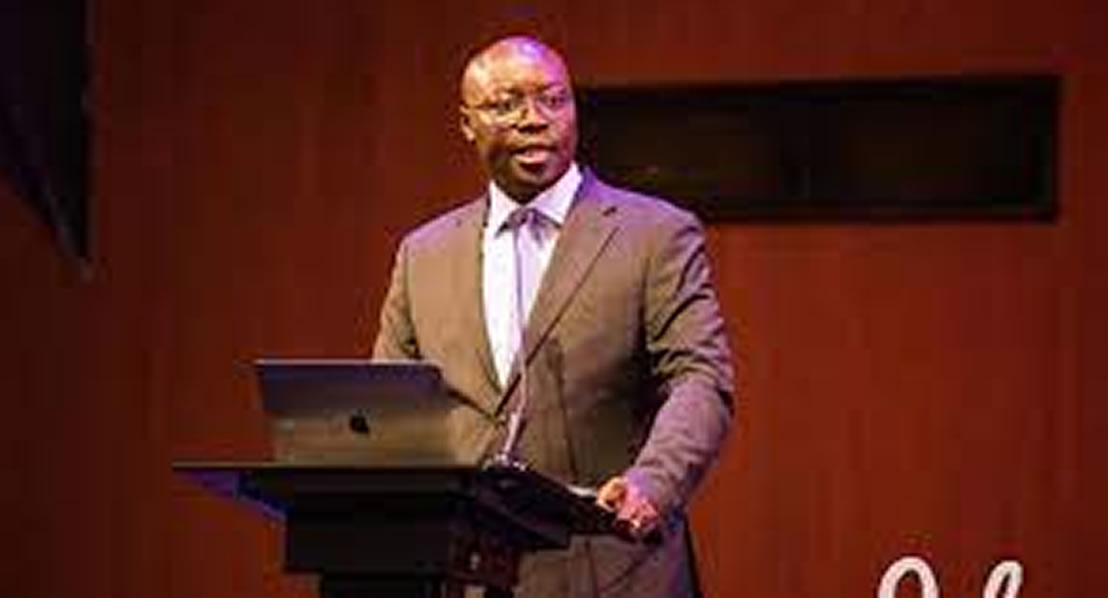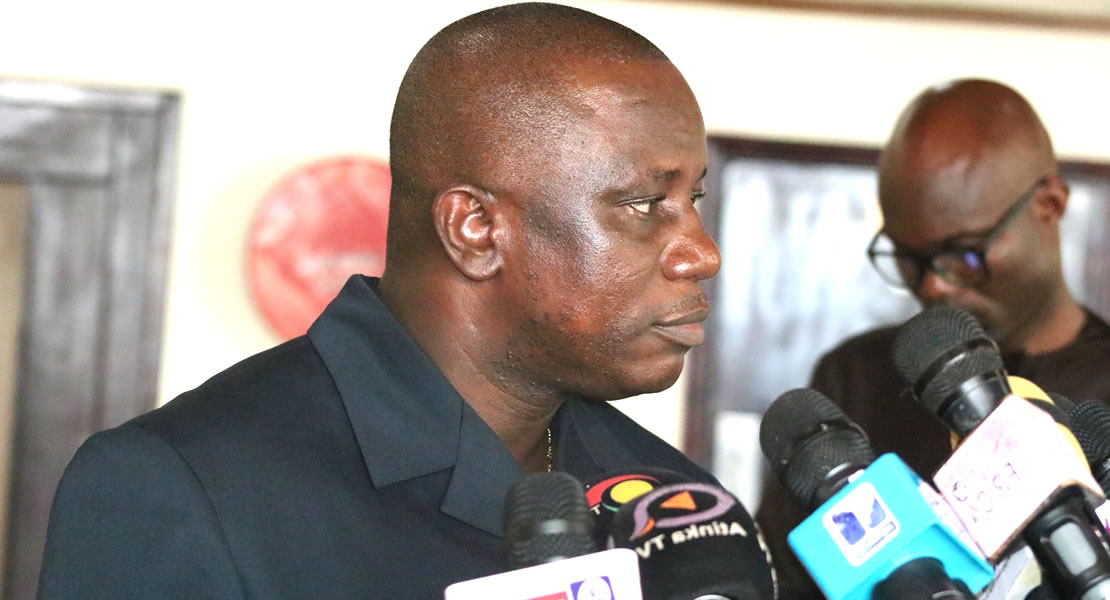The Deputy Minister for Foreign Affairs and Regional Integration Mavis Nkansah Boadu has assured Members of Parliament that no Ghanaian has been caught up in the impasse between Israel and Hamas that has let to deaths in the Gaza strip according to Ghana’s mission in Tel Aviv.
According to her in the early hours of Saturday, 7th October, 2023, Hamas launched a multi-faceted brazen dawn assault on Israel from the Gaza Strip into southern Israel and areas north of Tel Aviv by air, land, and sea killing at least 1,400 Israelis including 289 soldiers and some foreign nationals, leaving over 4,010 wounded and dozens kidnapped into the Gaza Strip in a statement on the floor of the House.
As of now, the issue of evacuation of our nationals from Israel has not been raised and in addition, the Ghana Mission is in close contact with the leaders of the Ghanaian community and is providing the Ministry with updates on their welfare and will provide the general public with updates pertaining to the welfare of the Ghanaian community in Israel.
In a Press Release on 8th October, 2023, the Government of Ghana unreservedly expressed its condemnation of Hamas’ actions and reiterated Israel’s right to exist and defend itself.
The statement further called on Hamas to withdraw its militants from southern Israel and urged the Government of Israel to exercise restraint in its response to Hamas’ attacks. The African Union on its part issued a Communiqué in which, the Chairperson called on both parties to put an end to the hostilities and return to the negotiation table to implement the principle of the Two-State solution.
Again, Ghana has always advocated for a comprehensive and sustainable solution to the Middle East conflict therefore, supports all international efforts geared at finding a just, peaceful, and lasting solution that will guarantee the right of the State of Israel to exist within secure and universally recognized boundaries, as well as the Palestinian people’s legitimate right to self-determination and the establishment of a Palestinian State.
Ghana believes that the proposed Two-State solution based on negotiations and dialogue is the most viable option within the global efforts at bringing about a durable peace to the ordinary people of Israel and Palestine.
The Israeli Government has expressed displeasure with regards to Brazil’s Resolution that was tabled before the United Nations Security Council on 18th October, 2023, and a subsequent resolution tabled at the United Nations General Assembly.
Concerns raised by the Israeli Government indicate that although the Brazil’s Resolution condemned Hamas’ attacks and called for the release of the abductees, it did notrecognise Israel’s right to self-defence. Israel has accordingly asked for the designation of Hamas as a terrorist organisation, a public denunciation of Hamas, and public declaration of Israel’s right to self-defence.
As of 27th October, 2023 through negotiations mediated by Qatar, four (4) out of about 224 hostages have been released by Hamas so far. Efforts to resolve the conflict are being undertaken by the European Union, the United Nations, Gulf Cooperation Council (GCC), the Association of South-East Asian Nations (ASEAN) and the Arab League who are calling for the cessation of hostilities by the two parties.
The ongoing conflict between Israel and Hamas has provoked divided support and opinion over the past few weeks, with countries in the Middle East and North Africa showing solidarity with Palestine while most Western countries have also shown support to Israel. At least 44 countries including France, Germany, the Netherlands, the European Union, the United Kingdom and the United States of America, have condemned the attack by Hamas and declared its tactics as terrorism. On the other hand, regional players such as Qatar, Saudi Arabia, Kuwait, Syria and Iraq have pinned responsibility on Israel. Additionally, Türkiye, Saudi Arabia and Egypt have called for the cessation of hostilities by both parties.
The UN Security Council, of which Ghana is currently a member, is scrambling for answers in the wake of the crisis. The paralysis in the Council is not unexpected considering the political sensitivities that have traditionally characterised the Council’s handling of the Palestine question. Attempts to adopt a unified position on the unprecedented attacks in Israel and Gaza have proven futile, with several resolutions tabled by Russia, Brazil, the United States and the United Arab Emirates (on behalf of the Arab Group) unable to achieve consensus.
Some of the resolutions have lacked the balance needed to garner the support of all sides. Ghana voted in favour of a resolution which condemned violence and hostilities against civilians and called for “humanitarian pauses” to allow for full, safe and unhindered access for aid agencies to deliver humanitarian assistance to civilian populations.
Kwaku Sakyi-Danso/Ghanamps.com
